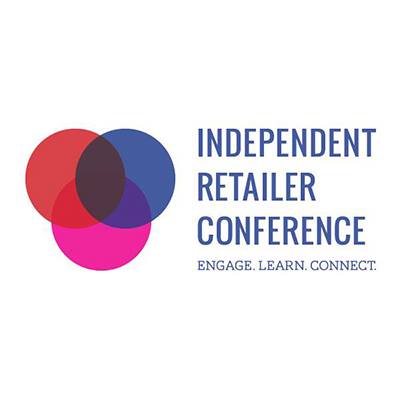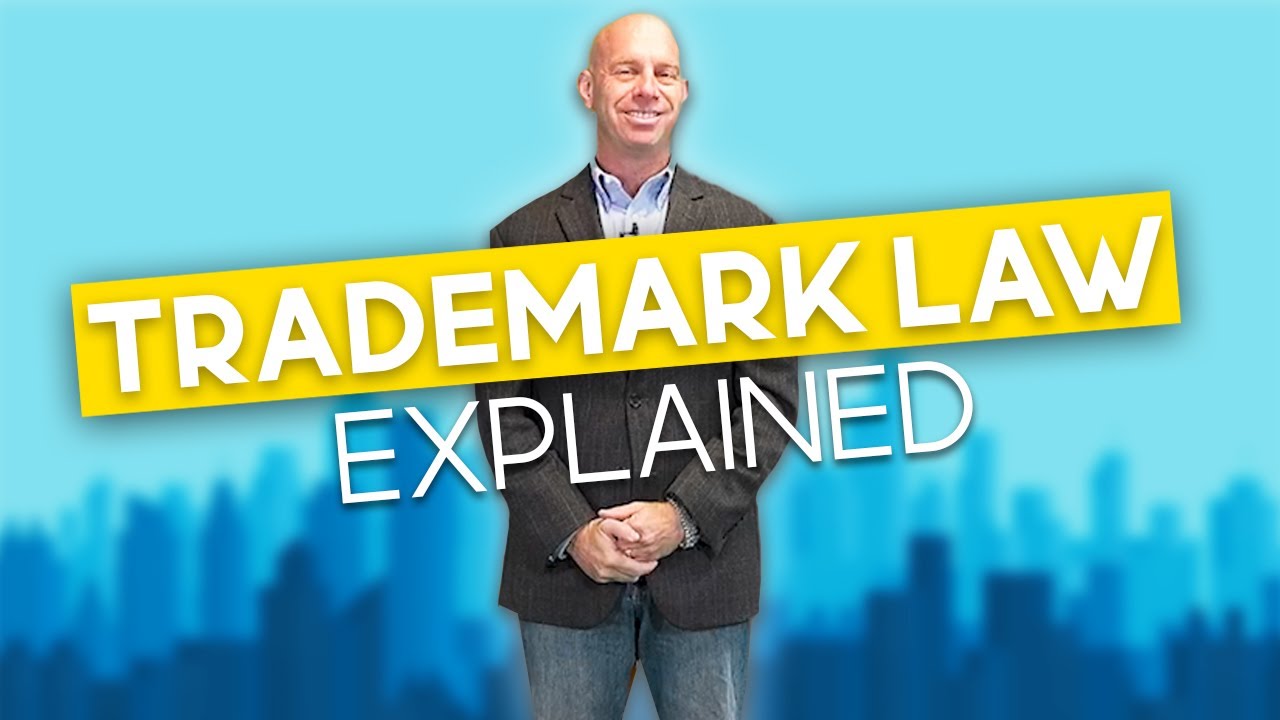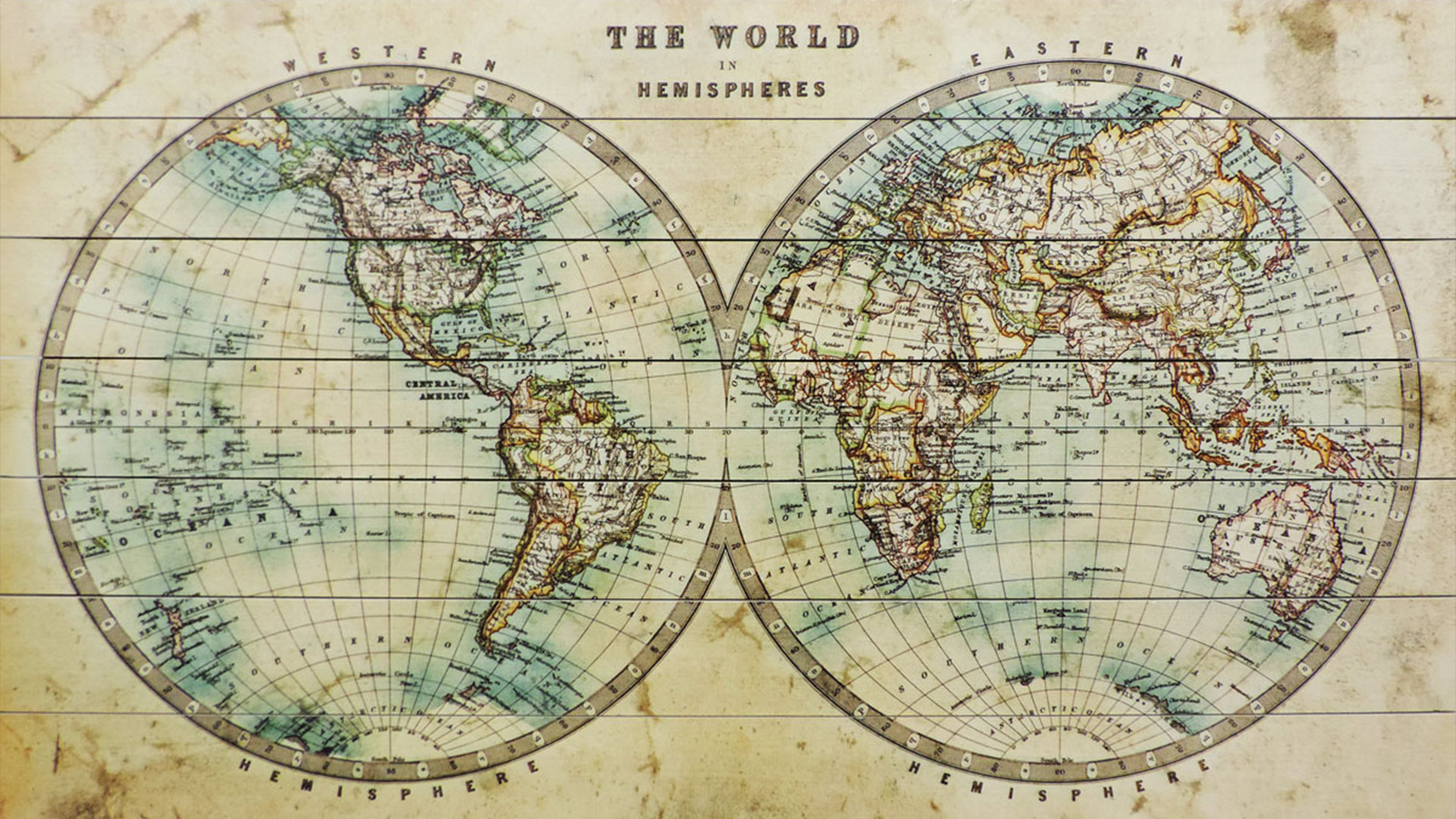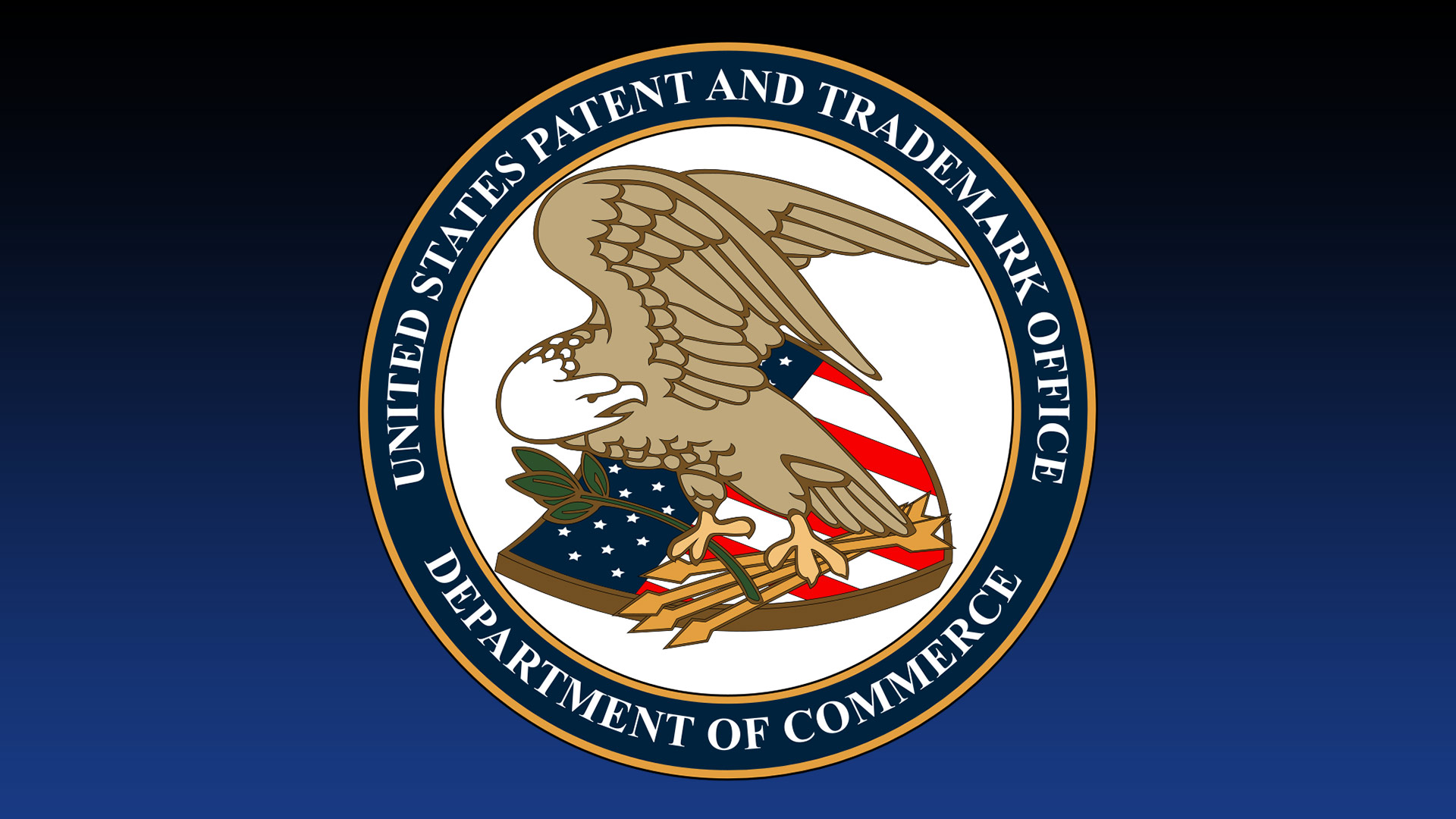LIVE AT IRC: Sellers’ Rights vs. Brands’ Rights The First Sales Doctrine Laws SUNDAY, FEBRUARY…
Keurig. Starbucks. Barilla. McDonald’s. Tide. One of these things is obviously not like the other. But in truth, none of them are like each other by law. They are five distinct trademarks, each loud and proud about what their products and services stand for. Each conveying information, standards and branding about their goods. Just one…
PROTECTING YOUR B(R)AND Trademark Infringement Actions Registering your products for trademark is extremely important for bands to keep their merchandising profits specific to them. A trademark is “any word, name, symbol, or design or any combination thereof, used in commerce to identify and distinguish the goods of one manufacturer or seller from those of another…
When a seller is deciding on what trademark to use, it’s important to ensure that an existing trademark does not have priority. Put simply, having priority means the seller’s prospective trademark must be the first in commercial use within its geographic area. Typically, a trademark unregistered with the United States Patent and Trademark Office (“USPTO”)…
Descriptive Trademarks New private label brands seeking a trademark from the United States Patent and Trademark Office (“USPTO”) need to know what “descriptive language” refers to when it comes to private label trademark applications. Private label brand owners need to know how to avoid trademark application rejections for “descriptive” marks. In sum, “descriptive,” as it…
Protecting your Band’s Merchandise Sales from Counterfeiters / Unauthorized Sellers Copyright Infringement Actions There are two requirements for your work to be protected by a copyright heading: 1) Fixation, and 2) Originality. The work must be fixed in a tangible medium of expression that can be perceived, reproduced, or otherwise communicated, either directly or with…
Your logo, like your brand name, will be used by customers to identify your brand. Similar to your brand name, there are myriad issues to keep in mind when developing a logo. The following is a guide for private label sellers as to the different types of logos that can be successfully developed. Lettermark or…
The Digital Millennium Copyright Act (DMCA) is a law passed by Congress in 1998 meant to protect copyrights on the internet and other digital media formats. [1] The DMCA contains several provisions that help to protect copyright holder’s rights abroad as well as a procedure for copyright holders to initiate “takedowns” of counterfeit merchandise. The…
Trademark & Copyright Registration Trademarks serve a dual purpose. First, trademarks protect customers. Trademarks assure customers of the quality of the product they purchase. Second, trademarks protect brands. If your brand’s mark is on a product and another seller provides counterfeit goods with your mark, you may bring legal action against that seller and recover…
















